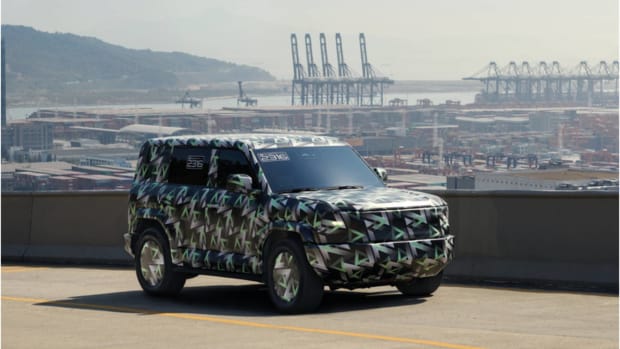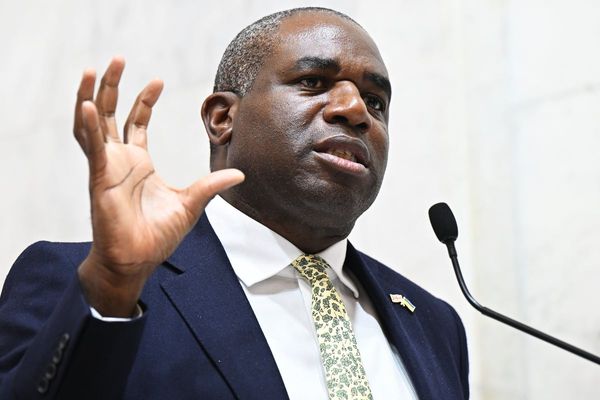
With hundreds of electric vehicle makers competing to capture as much of the market as they can, there still seems to be plenty of room for new models, brands and companies to enter the playing field. Some industry experts have said there could be 200 to 300 EV companies in China alone.
But even as these new models, brands and companies hit the market, as the old saying goes, the cream will always rise to the top. The best products will generate the most sales and squeeze out the weaker players.
Tesla (TSLA) led the world in all-electric deliveries for 2022 with over 1.31 million vehicles, or a 40% increase over its 2021 levels. It expects to produce about 1.8 million vehicles this year with a long-term goal to sell 20 million EVs a year by 2030.

BYD
Tesla Rivals Still Not Close to Catching The Leader
Elon Musk's industry leading company can look over its shoulder at the competition, but so far, its rivals are still not close to catching Tesla in production and deliveries.
General Motors (GM) considers 2023 its breakout year, and has said it plans to produce an estimated 150,000 EVs for the year. Ford is targeting an annual production run rate of 150,000 for the Lightning pickup truck by the end of 2023. The Dearborn, Mich., automaker earlier this year said that it began increasing production of the Mustang Mach E to bring its annual manufacturing run rate to a targeted 210,000 units by year's end.
Stellantis (STLA) has already committed to 100% of its European and 50% of its US vehicle sales to be battery electric vehicles, with 75 BEV models and 5 million BEV unit sales, by 2030. The company plans to be 100% electric by 2038. The company reported it sold a total of 288,000 battery electric vehicles in 2022.
The EV maker said it is retiring its Dodge division's Charger and Challenger internal combustion engine vehicles later this year.
EV makers from Japan and Europe have big future plans for their all-electric programs. Honda plans to produce 2 million EVs annually by 2030 and increase its EV and fuel cell EV production to 100% globally by 2040.
Toyota (TM) has been forming partnerships to launch new EVs and said it will team with Japanese rivals Suzuki Motor Corp. (SZKMY) and Daihatsu (DHTMY) to develop a battery electric vehicle system for a new generation of mini-commercial electric vans that would compete with Ford's E-Transit, GM's BrightDrop and a future commercial/passenger van that Tesla is developing.
Volkswagen (VWAGY) is going retro and bringing back the VW Bus with the unveiling of its electric 2025 VW ID.Buzz, which will feature three rows and seven seats.
Mercedes Benz Group (DDAIF) finally had some good news as it revealed that in 2024 it plans to deliver its new all-electric, compact CLA sedan that will compete with Tesla's Model 3 and an electric GLC crossover, which it hopes will cut into the Tesla Model Y market.
BYD Has Big Plans for More EVs
BYD (BYDDY) , Tesla's top worldwide rival based in China, delivered over 911,000 EVs in 2022, as well as over 946,000 plug-in hybrids. The Shenzhen, China company on June 9 introduced its fifth sub-brand, Fang Cheng Bao, that will roll out a variety of EVs, including off-road vehicles, sports cars and its first model, a sports utility vehicle with the codename SF.
BYD's other brands include Dynasty, Ocean, Denza and Yangwang. The brand name Fang Cheng Bao translates as " Formula" and "Leopard" in Chinese.
The name symbolizes the pursuit of the transformative rise and the exploration of digital realms, according to a BYD statement.
"It blends the standards and rules of Formula with the agility and wild versatility of the Leopard, bringing out the distinctive essence of the brand and BYD’s vision of future cars and lifestyles," the statement said.







